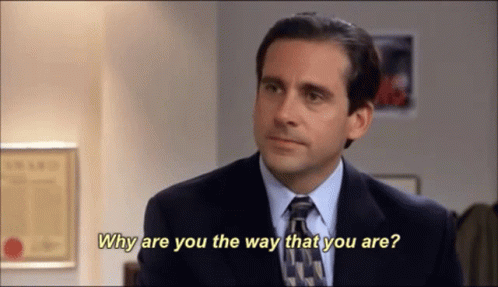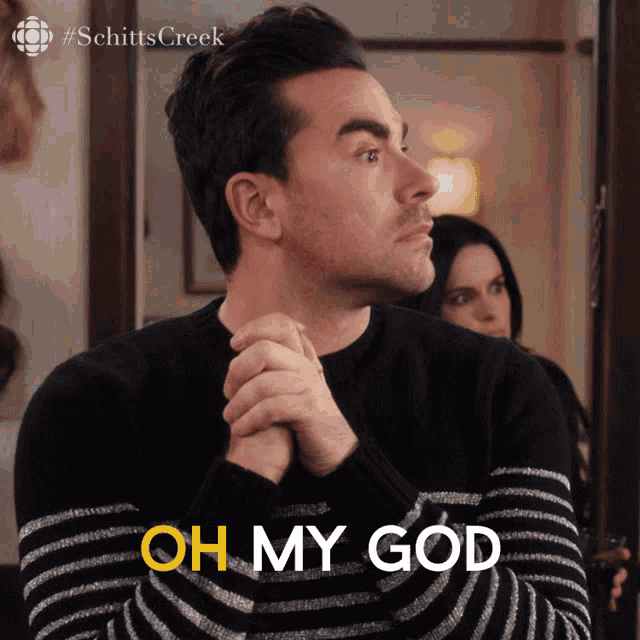The Most Impairing (and Overlooked) Part of ADHD: Rejection Sensitive Dysphoria
Struggling with intense emotions and constant self-doubt? Discover how Rejection Sensitive Dysphoria, an often overlooked aspect of ADHD, might be affecting you more than you realize.

It had been two hours since I sent the text, and no response.
Spiralling into a whirlwind of negativity, my mind went to work trying to make sense of the situation at hand.
“she must be upset at me”
“I should have worded that differently”
I contemplate sending a flurry of follow-up messages to smooth things over.
Unable to resolve the stress and incapable of focusing my mind on anything else, I collapse onto my bed, stare up at the ceiling and beg of myself:
If you have ADHD and struggle with rejection (real or perceived) perhaps you too have asked yourself this question. Read on to learn why you are the way you are (at least when it comes to rejection sensitivity).
Having an extreme emotional response to feelings of rejection or judgement, often times seen by others as disproportionate to the reality of the situation, is the hallmark trait of Rejection Sensitive Dysphoria (RSD), estimated to be experienced by 99% of people living with ADHD.
Doesn’t everyone hate being rejected?
While no one likes rejection, there’s a few things that make RSD different from the innate human desire to be liked or the discomfort of social anxiety.
It’s more extreme for us. It comes down to the intensity of emotion. Dr. William Dodson, a psychiatrist and ADHD expert, explains that, “RSD is distinguished by its extreme, unbearable intensity, which sets it apart from normal emotional responses familiar to people who are neurotypical.”
We can’t think about anything else. We replay the rejection (real or imagined) over and over again. Clinical psychologist, Dr. Sharon Saline, explains that ADHD brains “struggle with letting go of past hurts and/or rejection…[holding] onto unkind words or actions directed towards them for months or years”.
Rejection doesn’t have to occur. RSD is often triggered by perceived or anticipated rejection. Look no further than my texting fiasco above for example.
But what does rejection have to do with a disorder of attention and hyperactivity?
According to Dodson, Rejection Sensitive Dysphoria (RSD) stands out as one of the most debilitating aspects of ADHD, yet many remain unaware of its existence. This oversight stems from our reliance on the Diagnostic and Statistical Manual (DSM), the primary guide for mental health diagnoses. Notably absent from its criteria are challenges related to emotional regulation, such as RSD. Instead, the DSM tends to list behaviours that may seem disruptive to others, like poor listening skills or interrupting conversations.
According to Dr. Dodson, this is because “they're written by and designed for researchers…it's all things that you can see, count, measure, do statistical analysis on, and they purposely ignore the really important things like emotions, like sleep, like how people with ADHD think”. He goes on to explain that researchers have known that rejection is closely linked to ADHD for decades, citing an old psychiatric textbook from the 1960’s he uses during his assessments which asks, “have you always been much more sensitive than other people you know to rejection, teasing, criticism, or your own perception that you failed or fallen short?”.
Me, a 31-year-old recently-diagnosed woman (who has spent the last year healing from a lifetime of untreated ADHD) realizing I would have received a diagnosis decades ago had this question every been asked of me…
What are the implications of living with RSD?
Having such a tumultuous relationship with rejection but not understanding why (just that it is deeply uncomfortable and must be avoided at all costs) can undermine our happiness in huge ways.
Dodson explains that “in the long term, there are two personality outcomes. The person with ADHD becomes a people pleaser, always making sure that friends, acquaintances, and family approve of him. After years of constant vigilance, that person becomes a chameleon who has lost track of what she wants for her own life. Others find that the pain of failure is so bad that they refuse to try anything unless they are assured of a quick, easy, and complete success. Taking a chance is too big an emotional risk. Their lives remain stunted and limited.”
Umm…anyone else just have the last 20 years of their life summed up into four sentences?
From missing out on opportunities for love and intimacy to burning out at work to living with the long-term consequences of a nervous system stuck in fight or flight, unmanaged RSD can wreak havoc on your life.
What can we do about it?
Learning how to combat RSD starts with understanding the mechanisms underlying it. Many explanations into the origins of RSD have been theorized by experts across the industry. My next article will be digging into some of these theories and their respective interventions. Be sure to subscribe and turn on notifications so you don’t miss…also your support helps to combat my RSD ;)





Whoa - I've had lots of suggestions from friends regarding resources to check out in hopes of helping me gain new perspectives or tools to help cope with life. Usually they suck. This one landed exceptionally well for me. Thanks Hudson(s)
Learning about RSD has truly made such a huge difference in my life. I have so much more compassion for myself and others with ADHD. Thank you Laura for bringing more awareness to this important topic!